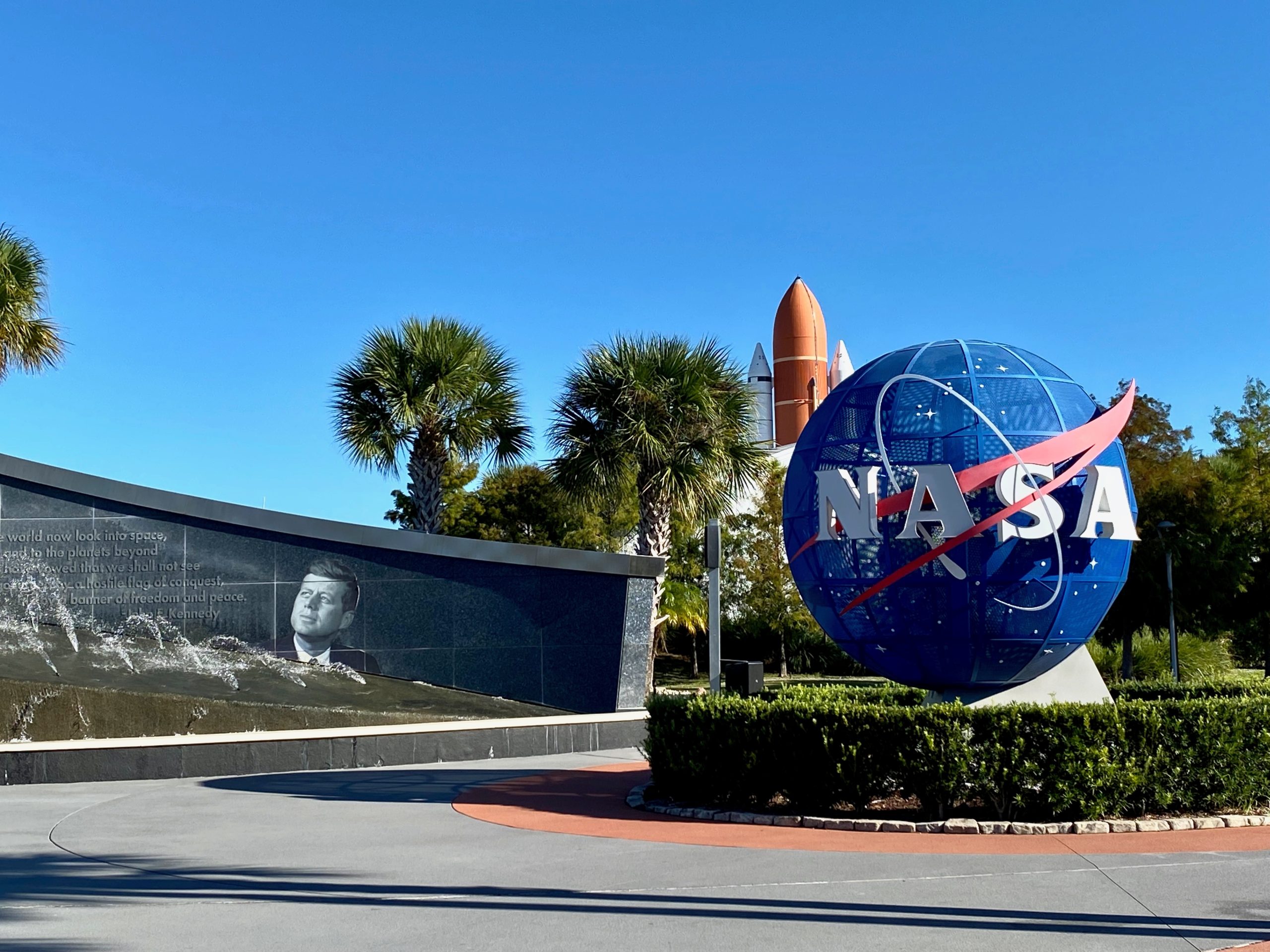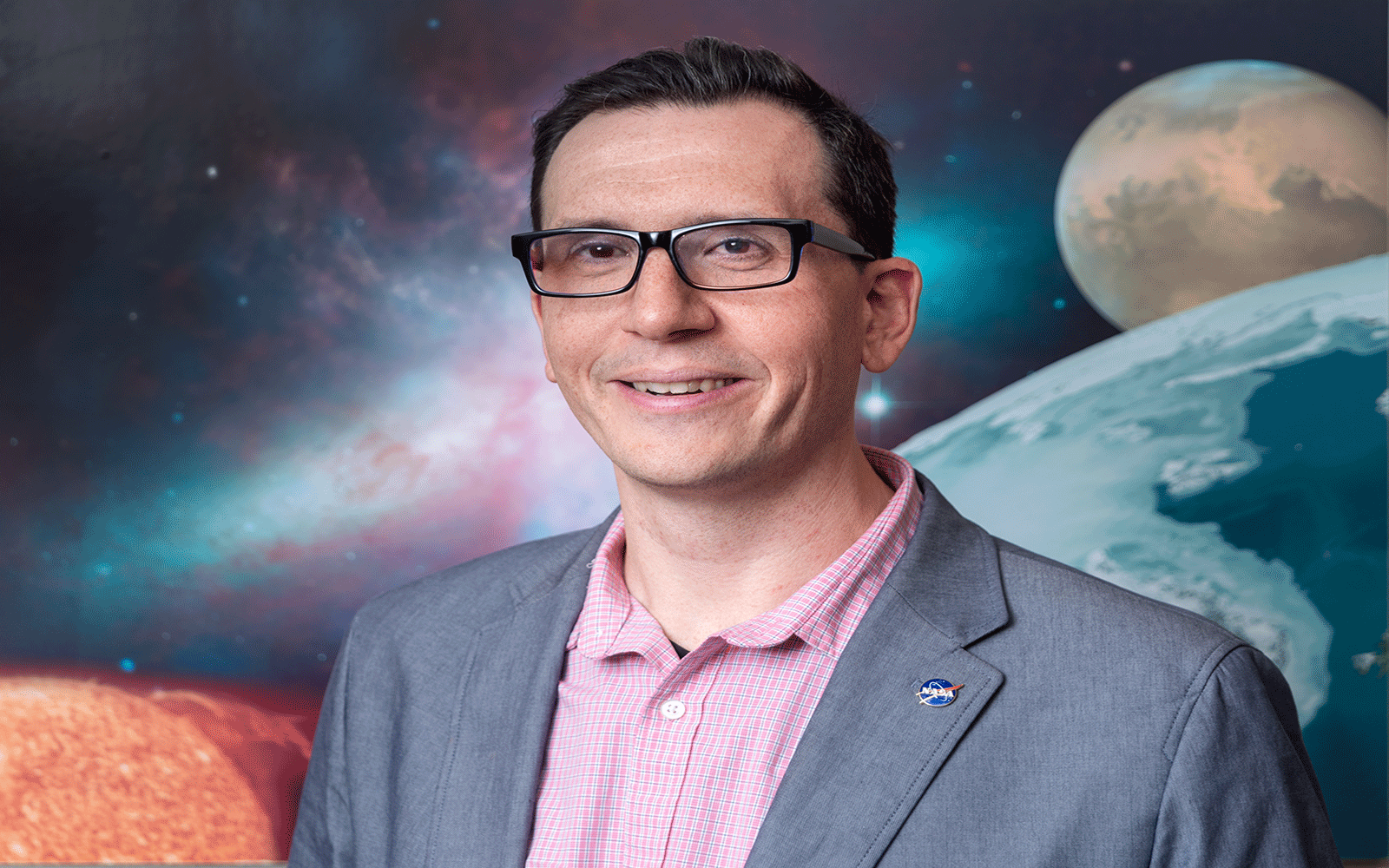For the September 2024 issue of Significance, we interviewed NASA exoplanet hunter Shawn Domagal-Goldman – official title: deputy director of the Sciences and Exploration Directorate at NASA’s Goddard Space Flight Center – and asked him about careers at the world’s biggest space organisation. Key takeaway? Time is on your side…
A lot of our readers are students and early-career people. What’s your advice for them on finding work as a NASA statistician or data scientist?
Well, I would say two things. One, we plan things on very long time scales, so if you hear about something like the Habitable Worlds Observatory, which is the mission I’m working on, we’re just getting that started and it’s going to take us 15, 20 years to get to the launch pad. We don’t have a launch date yet, but that’s the time scales on which we work. So if you’re a college student now, you could be a mid-career statistician or scientist or engineer by the time we launch and be a leader of our interpretation of data on these questions alone. So you’ve got time to get involved and, even if you’re younger than that, you could be writing your senior thesis or dissertation on the data from that mission.
The other thing I’d say is I truly believe that we need all kinds of experts to do these hardest problems. Climate change is an interdisciplinary endeavour, astrobiology is an interdisciplinary endeavour, the history of our cosmos is an interdisciplinary endeavour, and building things that will launch into space and not blow up and work as intended is an interdisciplinary endeavour. And so all of that requires as many experts from as many domains as possible, including statistics. We need people that have a good understanding of statistics to be involved with the people from the different domains and disciplines that work on these missions.

NASA hires between 500 and 1,100 new employees a year, many of them data professionals. Kennedy Space Center, Florida, USA. Photo: Shutterstock/EWY Media
In your experience, is it worth people sending in on spec CVs and letters or should they wait for a specific vacancy to be advertised?
As a US government agency, many of our open positions are only open to US citizens. So for those positions like, they’re posted on our USA jobs website, put in your CV, et cetera.
If you want to work with us beyond those formal civil servant roles, the best thing to do is to contact the people that are leading various teams that have funding to support our non-civil-servant workforce and that can be at the level of a research team or an engineering team or a safety and mission assurance team. But the main thing to do is to make that connection to the team lead.
You want to find the people that are leading the specific research teams that you’d want to engage with and then see if they’ve got availability for your specific skills.
You might also like: AI: statisticians must have a seat at the table




